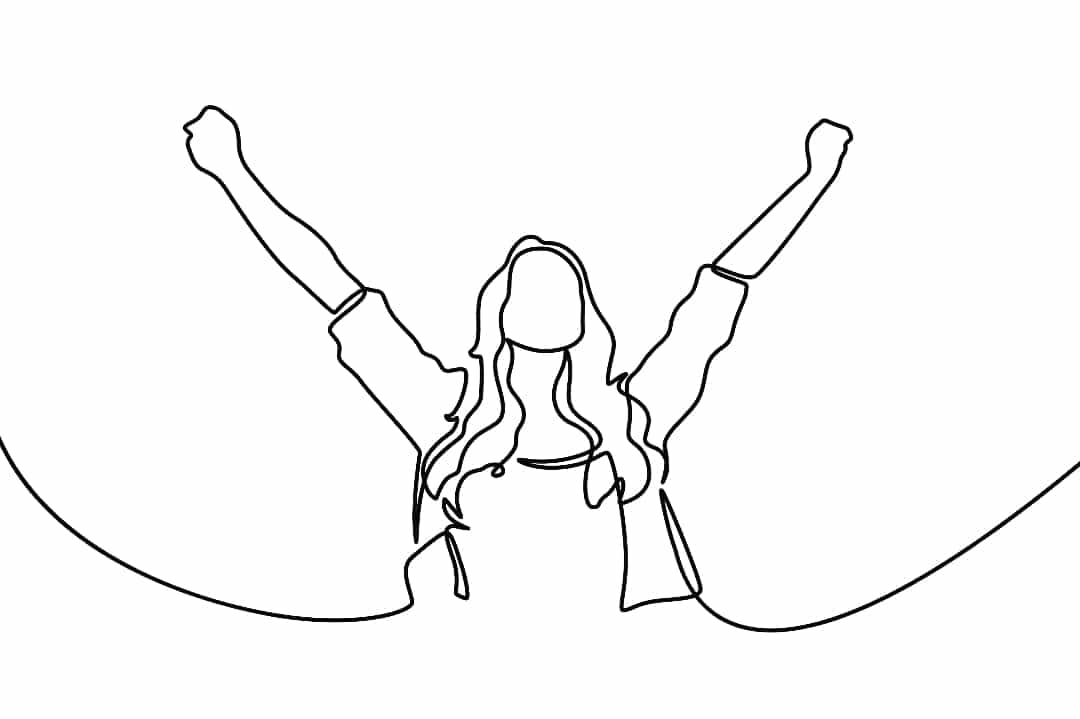According to the National Alliance on Mental Illness, an estimated 43.8 million adults experience a mental illness in a given year. Mental illness is defined as a mental, behavioral, or emotional disorder that can vary from no impairment to mild, moderate, or severe. A serious mental illness results in functional impairment and interferes with or limits one or more major life activities. While there are many types of mental illness diagnoses below are some of the most common.
Anxiety
Anxiety disorders are the most common mental illness, affecting over 42 million US adults each year. There are several varieties of anxiety disorders that are different based on objects or situations that induce them, but all include excessive anxiety and related symptoms. Anxiety disorders include generalized anxiety disorder (GAD), panic disorder and panic attacks, obsessive-compulsive disorder, social anxiety disorder, separation anxiety, and specific phobias. Individuals suffering from anxiety often feel nervous or irritable, have a sense of panic, difficulty concentrating, and can experience gastrointestinal and breathing problems.
Depression
Depression (major depressive disorder or clinical depression) is one of the most commonly diagnosed disorders in the US, affecting roughly 16 million Americans each year. Depression is a mood disorder that affects how you feel, think, and handle daily life functioning. Symptoms of depression can vary for each person. Individuals with depression will not have all symptoms, but more common symptoms include a persistent feeling of sadness or hopelessness, irritability, decreased energy, fatigue, appetite and weight changes, difficulty concentrating and sleeping, and possibly thoughts of suicide.
Bipolar Disorder
Bipolar Disorder, also known as manic depressive disorder, is a serious mental illness that causes extreme mood swings and a shift in energy and activity levels. Individuals may shift from a depressed state to mania or may even experience both extremes simultaneously or in rapid sequence. During a manic phase, individuals may feel more creative or spontaneous but may be easily frustrated or irritable. Following a manic phase, depression symptoms can be present and can be disabling and pervasive to the individual. It is estimated that 6.1 million Americans are living with Bipolar Disorder.
Schizophrenia
Schizophrenia is a thought disorder that distorts thinking, perception, emotions, and behavior. Individuals with schizophrenia will often experience hallucinations and delusions and may find it difficult to concentrate, manage emotions, make decisions, or develop normal motivations.
Treating Mental Illness
Many mental health disorders can be treated, however; nearly 60% of American with a mental illness did not receive treatment last year. Since symptoms vary for individuals for each mental illness, a customized treatment approach is vital to recovery.
At Lifeskills South Florida, we begin with a comprehensive assessment, including genetic processing and family assessments. Our physicians and therapists then design a program tailored to the specific needs of the clients. Our holistic approach to treatment incorporates elements of mindfulness, meditation, and integrated primary care that is complemented by our clinical pathways with secondary supports. Treatment at Lifeskills focuses not just on the presenting problems but the underlying disorders that contribute to them. We offer clients multiple levels of care that help support clients to build a sustained recovery. Our goal is to help each person successfully transition back to their home, work, and family life with the skills needed to live life outside of treatment.
If you or a loved one needs help for a mental health disorder, Lifeskills South Florida is here. Please complete our contact form or call us at 954-953-1742 for more information.




